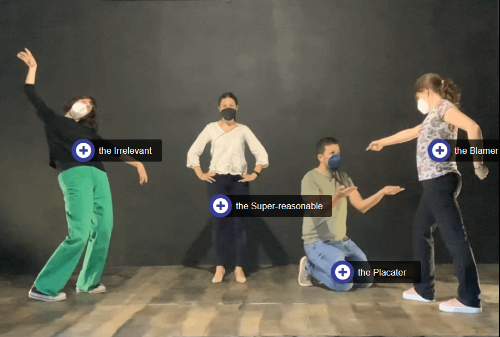
In every communicative situation there are three elements: yourself, the other, and the context.
Yourself is the person that talks, the other is the person that listens and the context is the situation itself. Imagine this example: You are talking to a teacher in the classroom. You are yourself, the teacher is the other and the classroom is the context.
When we find ourselves in a stressful communicative situation, we cope with it by adopting an incongruent role. When we adopt this incongruent role, we don't take into account one or more of the three elements present in every communicative situation.
The four incongruent roles according to Virginia Satir are: the blamer, the placater, the super-reasonable and the irrelevant.
For example, the blamer doesn´t consider the other. In other words, for the blamer they are the most important people in the conversation- the rest of the elements, the other and the context, just need to follow the blamer´s instructions and, their desires or needs are not important.


Definición:
The situation where a conversation takes place. In other words, the here -the place- and now -the time- of a conversation.
Ejemplo:
If you want to eat an ice-cream in the middle of a lesson, you are not considering the context.
 Definition:
Definition:
When two things don't match, they are incongruent.
Cuando dos cosas no coinciden, son incongruentes.
Example:
I was so sleepy I put on incongruent socks that didn’t match in color.
Esta mañana tenía tanto sueño que me puse calcetines incongruentes que no combinaban en color.
 Definition:
Definition:
Not connected with something, out-of-context.
No conectado con algo, fuera de contexto.
Example:
Sometimes students say irrelevant things to stop the teacher's explanation.
A veces, los estudiantes dicen cosas irrelevantes para parar la explicación del profesorado.
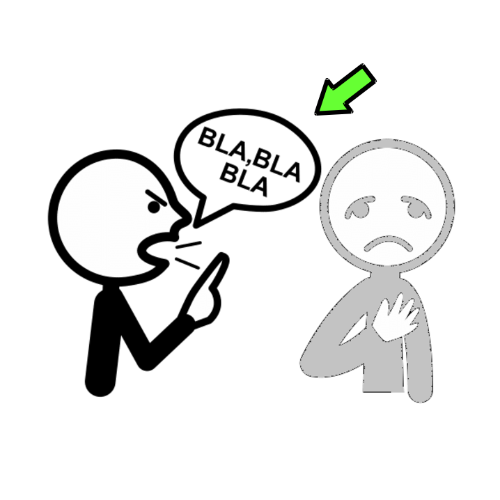 Definition:
Definition:
To declare that someone or something is responsible for a fault or wrong.
Declarar que alguien o algo es responsable de una falta o un mal.
Example:
When we use our index finger to point to someone we want to blame, have you considered where the other three fingers point to?
Cuando usamos nuestro dedo índice para señalar a alguien a quien queremos culpar, ¿ha considerado a dónde apuntan los otros tres dedos?
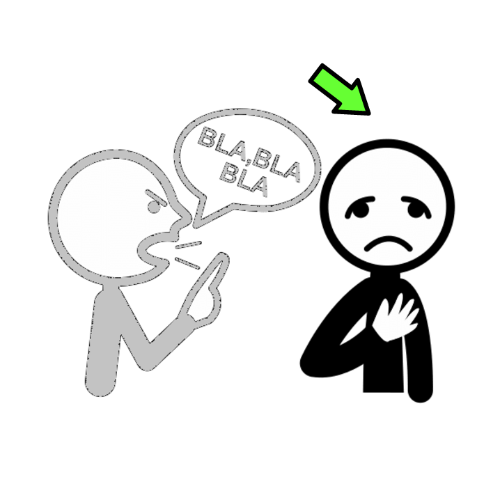 Definition:
Definition:
To make someone stop feeling angry.
Hacer que alguien deje de sentirse enojado.
Example:
I placated the crying little girl by giving her a biscuit.
Calmé a la pequeña que lloraba, dándole una galleta.
 Definition:
Definition:
It is the unemotional role in communication. People who adopt this role say the right words and show no feelings.
Es el rol impasible de la comunicación. Las personas que adoptan este papel, dicen las palabras precisas y no demuestran sentimientos.
Example:
In class, she always wants to show how intelligent she is. She is the super-reasonable type in communication.
En clase, siempre quiere mostrar lo inteligente que es. Es el tipo de comunicación super-razonador





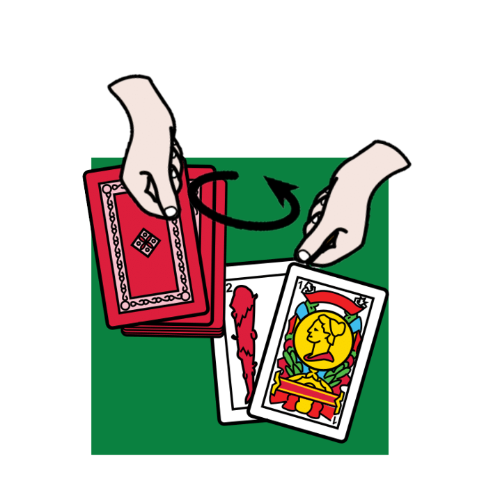



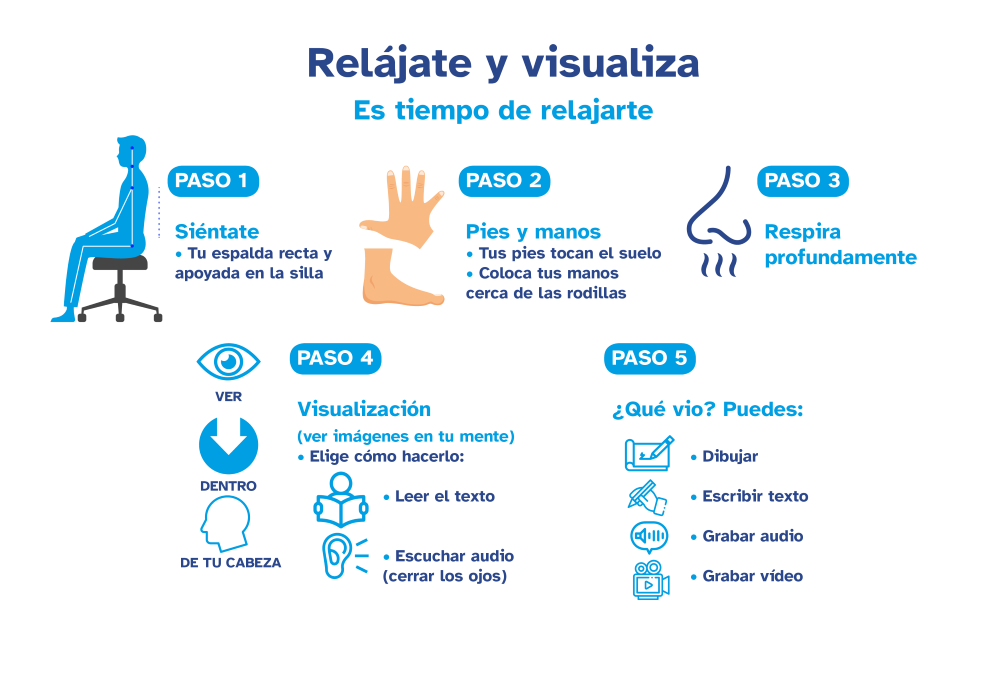



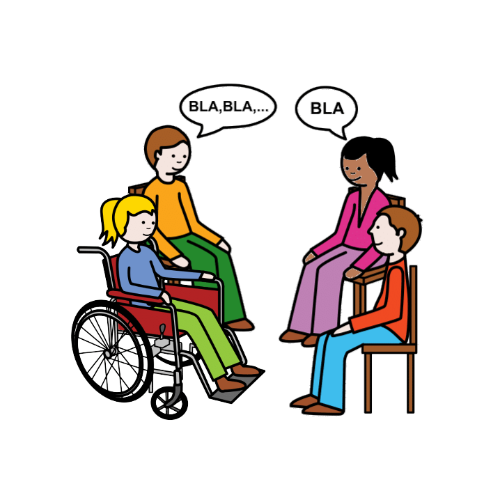 Communication has three parts:
Communication has three parts: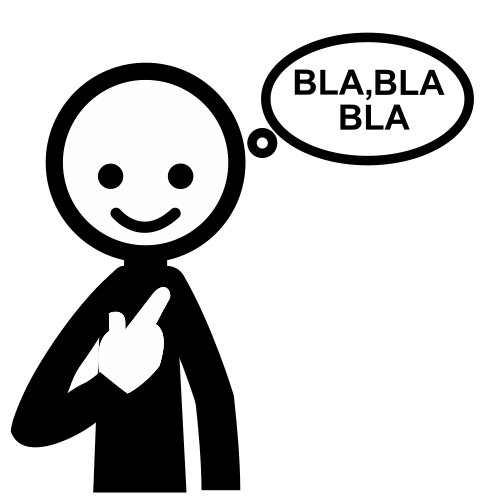 1. I: I speak.
1. I: I speak.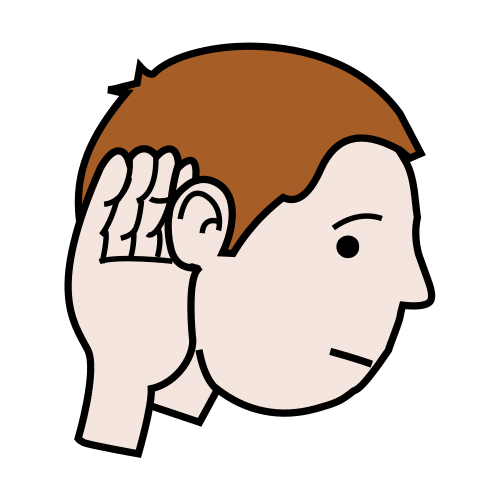 2. The other: Listens to me.
2. The other: Listens to me.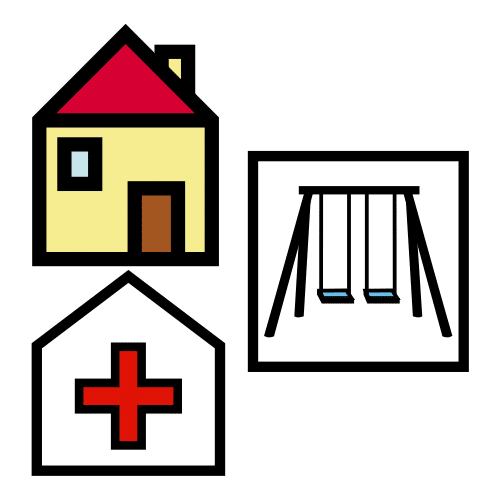 3. The context: Where the conversation takes place.
3. The context: Where the conversation takes place.
 1. I: The student.
1. I: The student. 2. The other: The teacher.
2. The other: The teacher.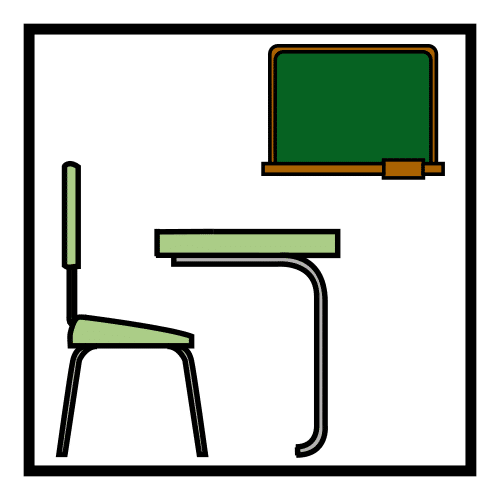 3. The context: The classroom.
3. The context: The classroom.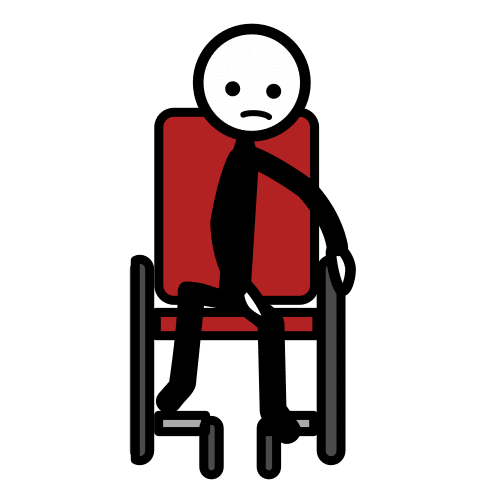 There are stressful and unpleasant conversations.
There are stressful and unpleasant conversations. In these conversations one, two or the three parts are missing.
In these conversations one, two or the three parts are missing.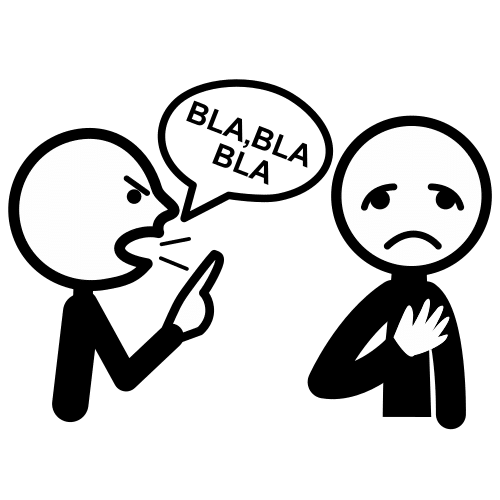 1. Blamer.
1. Blamer. 2. Placater.
2. Placater.






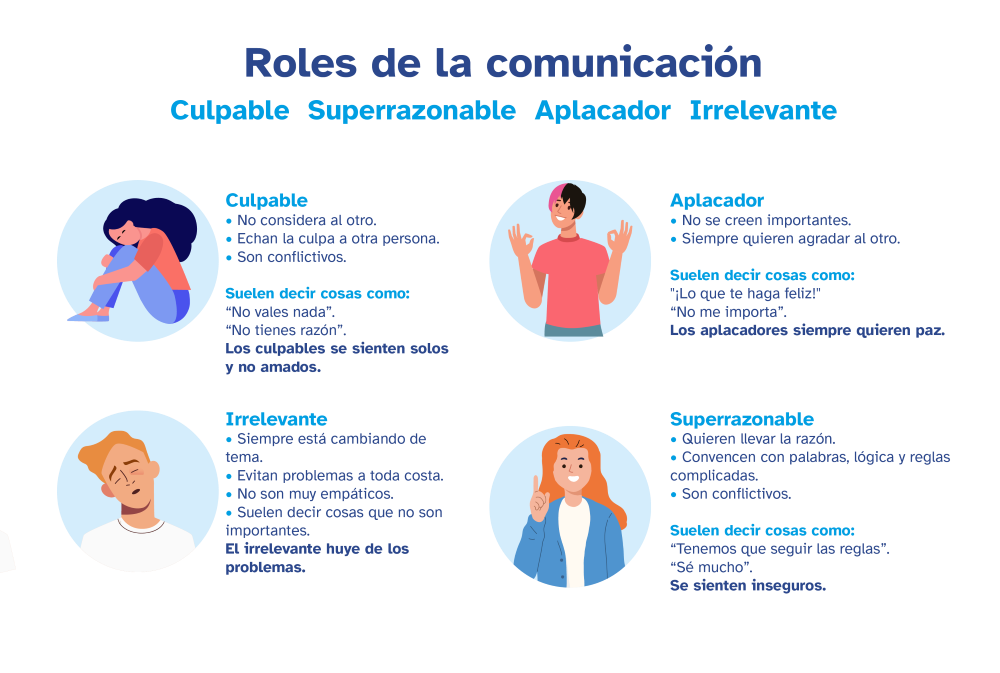
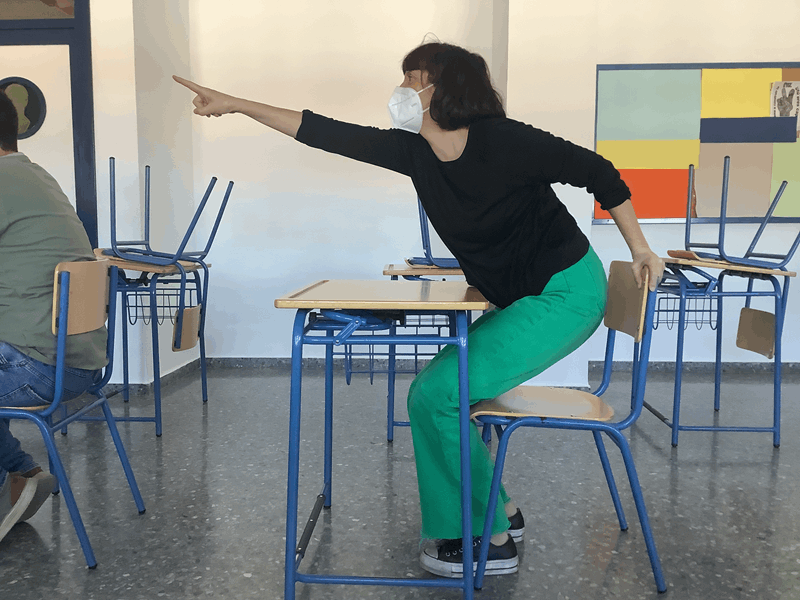
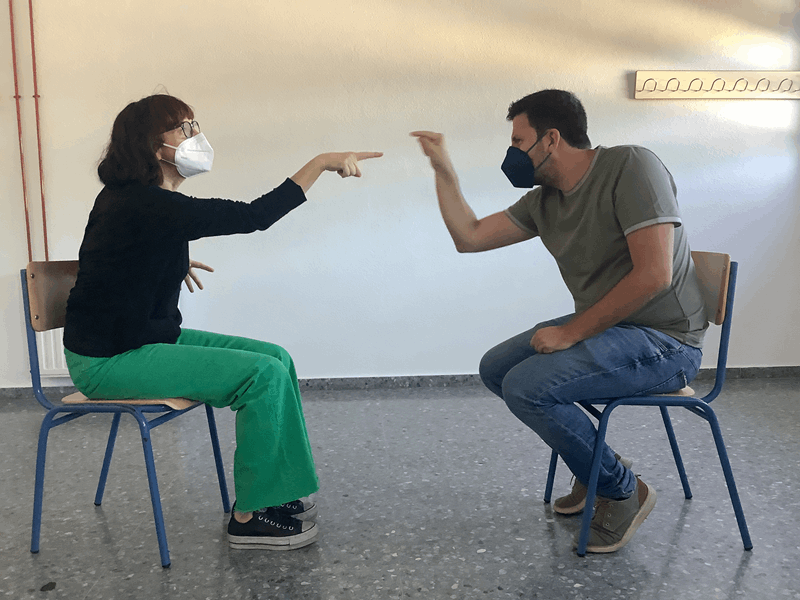

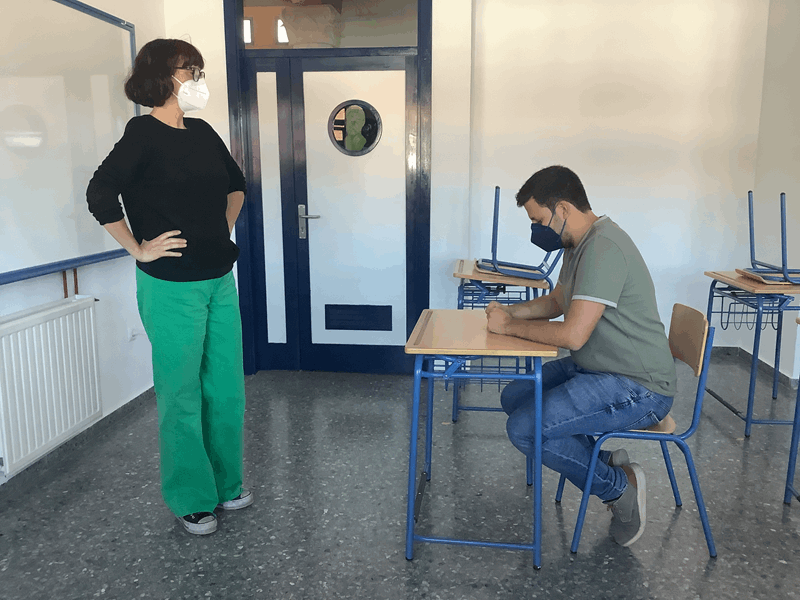
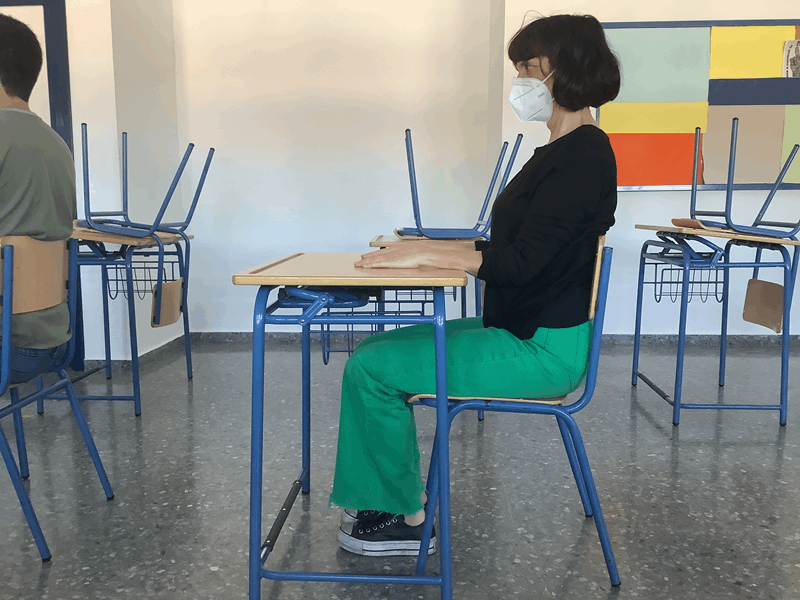




 Choose one of these situations.
Choose one of these situations. 1. A group of friends on the beach are making plans for the evening.
1. A group of friends on the beach are making plans for the evening. 2. A person jumps in the queue.
2. A person jumps in the queue.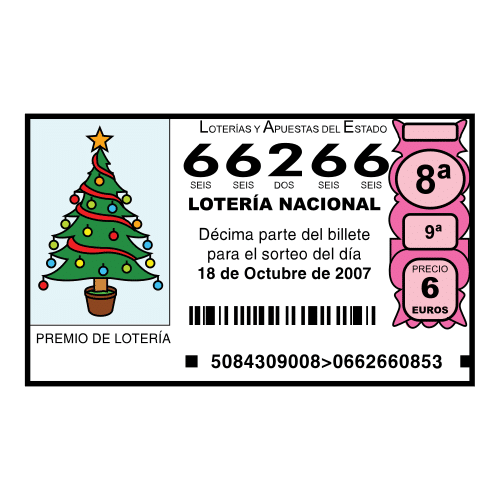
 Choose one card with a communication role.
Choose one card with a communication role. Repeat the conversation in front of the class.
Repeat the conversation in front of the class.